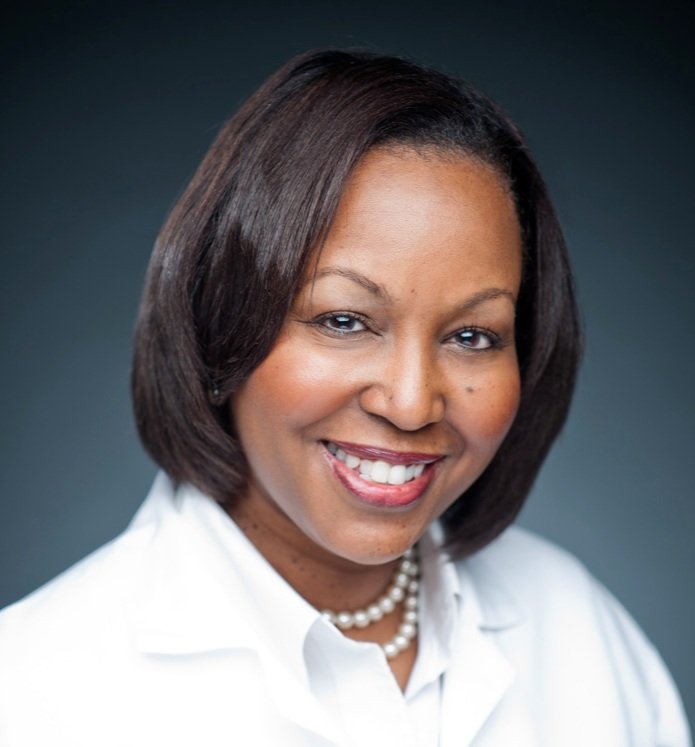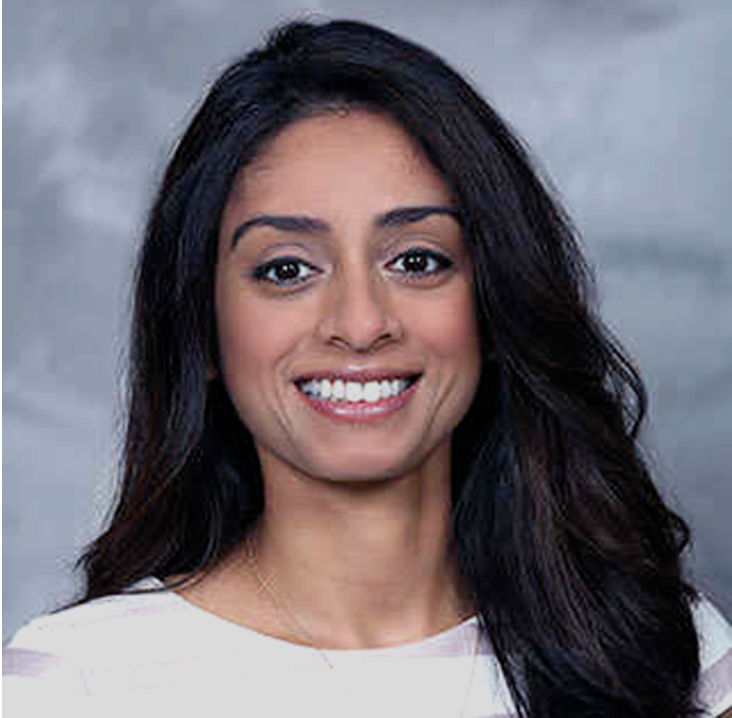Heart Behind the White Coat®
Heart Behind the White Coat (HBWC) is a series that embodies a healthcare professional’s true passion beyond their academic regard.
In this series, we take a deep dive into the “why.” Why medicine? Why this specialty? Why now? Watch as healthcare professionals peel back their white coats and reveal themselves beyond medicine.
Dr. Jill Majeski is a pediatric psychologist with the Supportive and Palliative Care and Trauma Programs at UPMC Children's Hospital of Pittsburgh. At UPMC, Dr. Majeski provides trauma-informed care for children with a broad range of life-altering and life-limiting medical conditions and traumatic injuries. In Heart Behind the White Coat (HBWC) programs, DHH features healthcare professionals to learn the sparks that motivate HCPs to explore careers in medicine and how their passion endures.
In this HBWC program, Dr. Majeski explains what initially inspired her interest in a career in medicine. Dr. Majeski shares what continues to drive her passion in medicine and patient advocacy and her advice to students aspiring to become healthcare professionals.
Read Interview
Jill Majeski, PsyD
Licensed Pediatric Psychologist
UPMC Children's Hospital of Pittsburgh
Marilyn Bibbs Freeman, PhD, M (ASCP)
Deputy Director, Virginia Department of General Services Division of Consolidated Laboratory Services
Fun fact: I sing and play a little violin and piano
Andrew Campbell, MD
Director, Consortium for the Advancement of Sickle Cell Disease Research (CASiRe)
Alexander Glaros, MD
Pediatric Hematologist-Oncologist
Fun fact: Is a singer and poet
Pavlos Msaouel, MD, PhD
Department of Genitourinary Medical Oncology, Division of Cancer Medicine
The University of Texas MD Anderson Center
Fun fact: Favorite music genre is heavy metal
Folasade (Fola) May, MD, PhD
Assistant Professor of Medicine
Director of Quality Improvement in Gastroenterology
UCLA Health
Fun fact:
Loves to explore the outdoors
Marwan Shaikh, MD
Hematologist/Oncologist
Mayo Clinic Jacksonville
Fun fact:
Loves to tell jokes
Previously on HBWC
Soojin Jun, PharmD, BCGP, CPPS, CPHQ
Population Health Pharmacist
Oak Street Health
Regina Hampton, MD, FACS
Chief of Breast Surgery
Luminis Health, Doctors Community Medical Center
Fun fact: Loves traveling
Seethal Jacob, MD, MS, FAAP
Director, Comprehensive Pediatric Sickle Cell Program
Riley Hospital for Children at IU Health
Fun fact: Learned to ride a bike in 2018
Kyle B. Riding, PhD, MLS, (ASCP)
Assistant Professor
Burnett School of Biomedical Science, College of Medicine
University of Central Florida
Fun fact:
Favorite Disney character is Donald Duck
Brandy D. Gunsolus, DCLS, MLS (ASCP) CM
Doctor of Clinical Laboratory Science
Augusta University Medical Center
Fun fact:
First advanced practice Doctor of Clinical Laboratory Science to graduate in the United States.
Maya Bloomberg, APRN
Sylvester Comprehensive Cancer Center
University of Miami Health System
Fun fact:
Became a master bread maker during quarantine






















